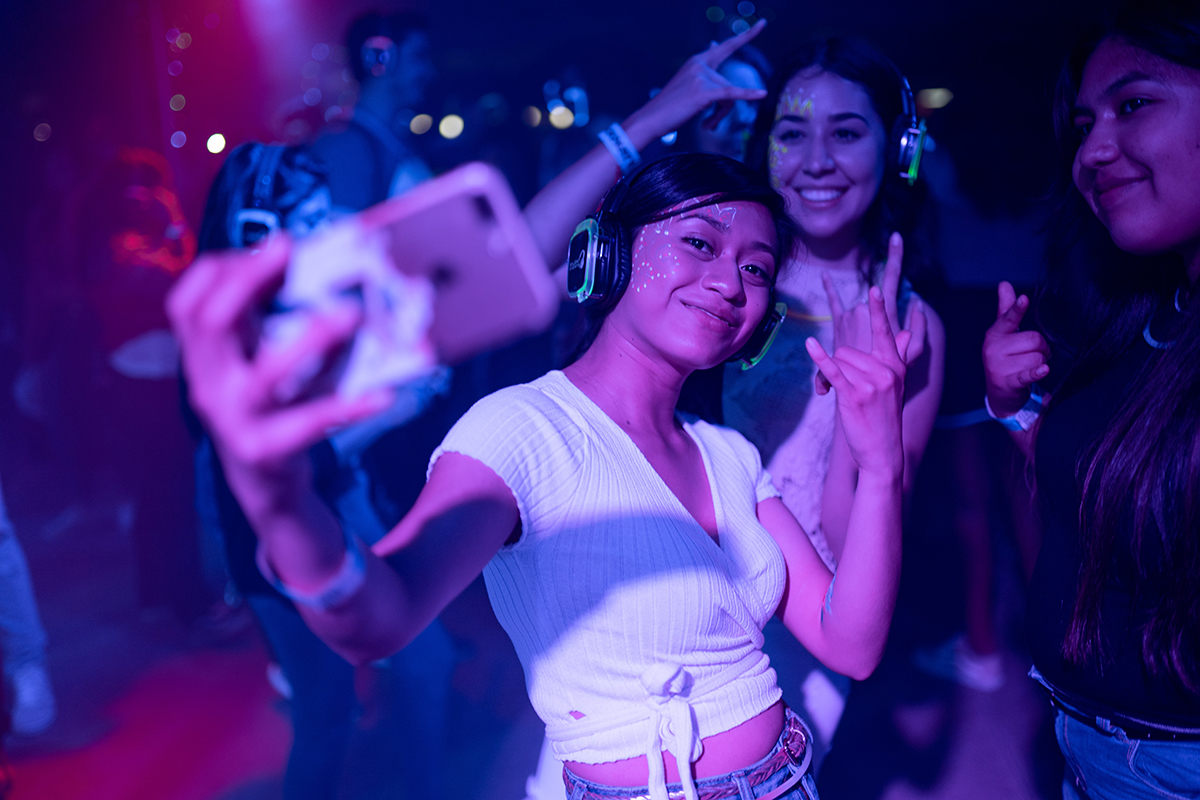For thousands of years, humans have used drugs like hallucinogens, alcohol and marijuana to achieve altered states of consciousness. Even today, the National Institute on Drug Abuse reports an increase in illicit drug use, with more than 23 million Americans experimenting with recreational drugs every year. While you may assume it’s safe to use drugs if you only take a small amount or try them in social settings, any use can be dangerous and increase your likelihood of developing a dependency at some point.
Is Recreational Drug Use Safe?
Even in moderation, it is never entirely safe to use drugs recreationally. Depending on factors like the substance you try, how you choose to take the drug, the dosage you use and any other intoxicants you take simultaneously, you could be putting yourself in danger. For instance, combining alcohol and opioids can cause an accidental overdose, which may prove fatal.
Even small doses of drugs can have adverse mental and physical health effects, such as:
- Impaired judgment, leading to risky choices like having unprotected sex, starting an argument or driving under the influence
- Blackouts and permanent memory loss
- Increased heart rate and blood pressure
- Mood changes, like irritability, anxiety, talkativeness or paranoia
- Seizures
- Disrupted sleep and appetite
- Loss of coordination
Are Some Drugs Safer Than Others?
Researchers are studying some substances, like components of cannabis, to learn more about their purported health benefits. However, though states including California have legalized marijuana for medicinal and recreational use, pot still has risks. For instance, THC, the primary psychoactive element in weed, is more potent today than it was only 30 years ago. High-dose THC has links to long-term mental health disorders, including psychosis.
You may assume prescription drugs like Adderall, Xanax and Vicodin are inherently safe because they are physician-prescribed medications. However, stimulants, sedatives and painkillers all have addictive properties and carry a high potential for abuse, especially if you begin deviating from the instructions and combining them or taking them recreationally or in higher-than-intended doses.
The method of use is another factor that may make a recreational drug more dangerous. Marijuana edibles such as gummies are popular, but ingesting pot-infused candy has led some users to underestimate how much is safe to take. Additionally, snorting drugs to introduce them into your bloodstream faster can bring severe health risks like heart failure and coma.
Do You Need Help for Recreational Drug Abuse?
While experimenting with recreational drugs a few times doesn’t mean you have a substance use disorder, you may eventually feel intense drug cravings when you are sober, or need increasingly higher doses to achieve the same effects. Nobody tries drugs because they want to get hooked, but if you find you cannot quit on your own, seeking help is essential to getting your life back.
Deciding to quit is always a healthier choice than continuing to use. The sooner you stop using recreational drugs, the less likely you are to experience long-term damage to your health and well-being. To learn more about New Found Life’s accredited, evidence-based Long Beach addiction program, reach out to us today. We offer a complete continuum of care in a caring, judgment-free environment.

